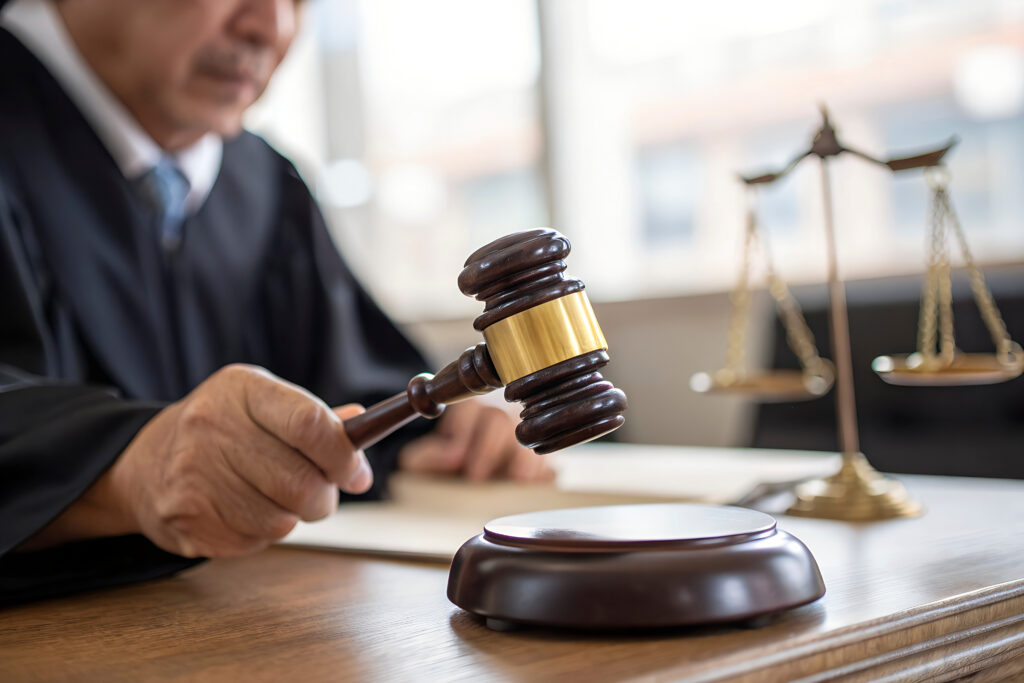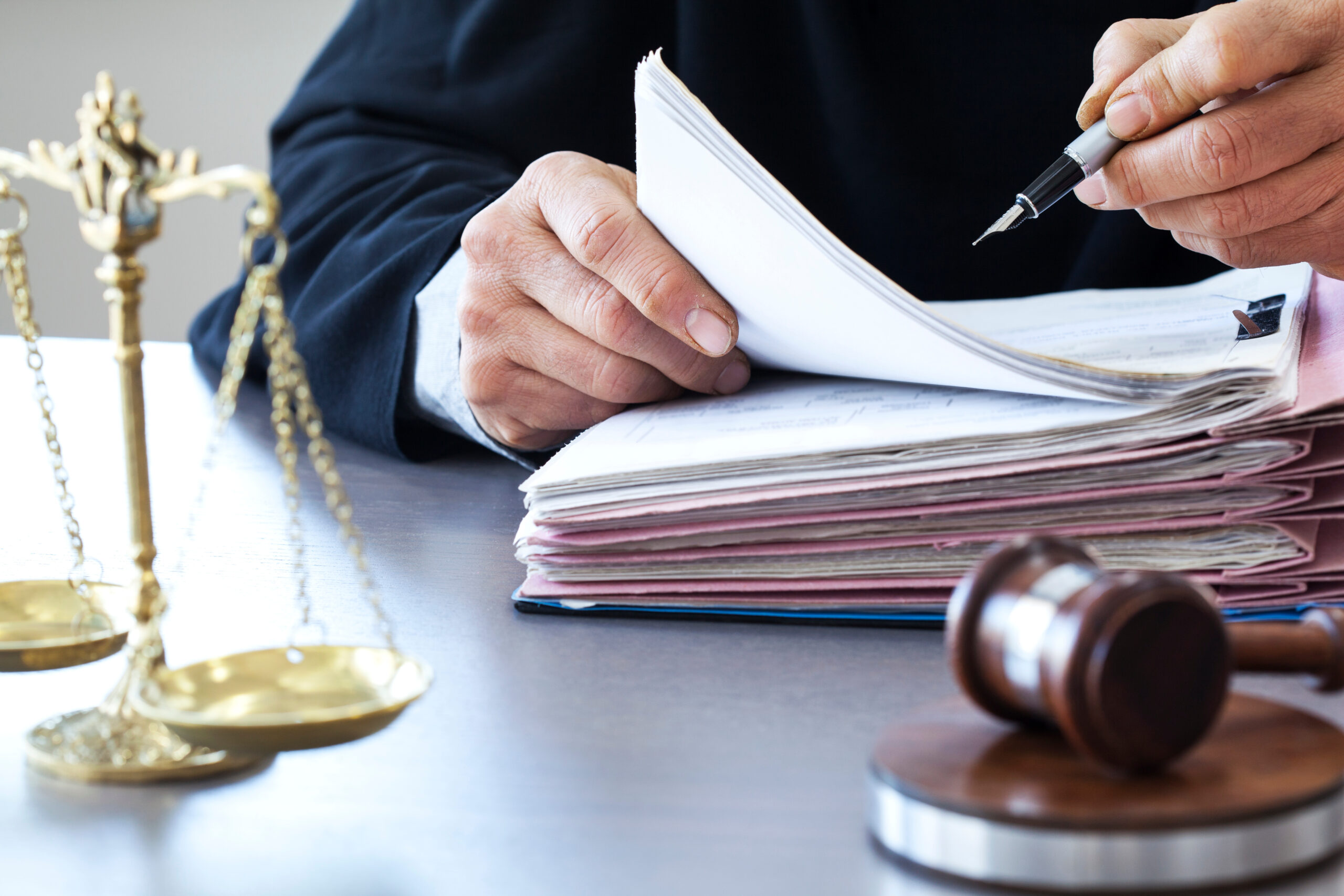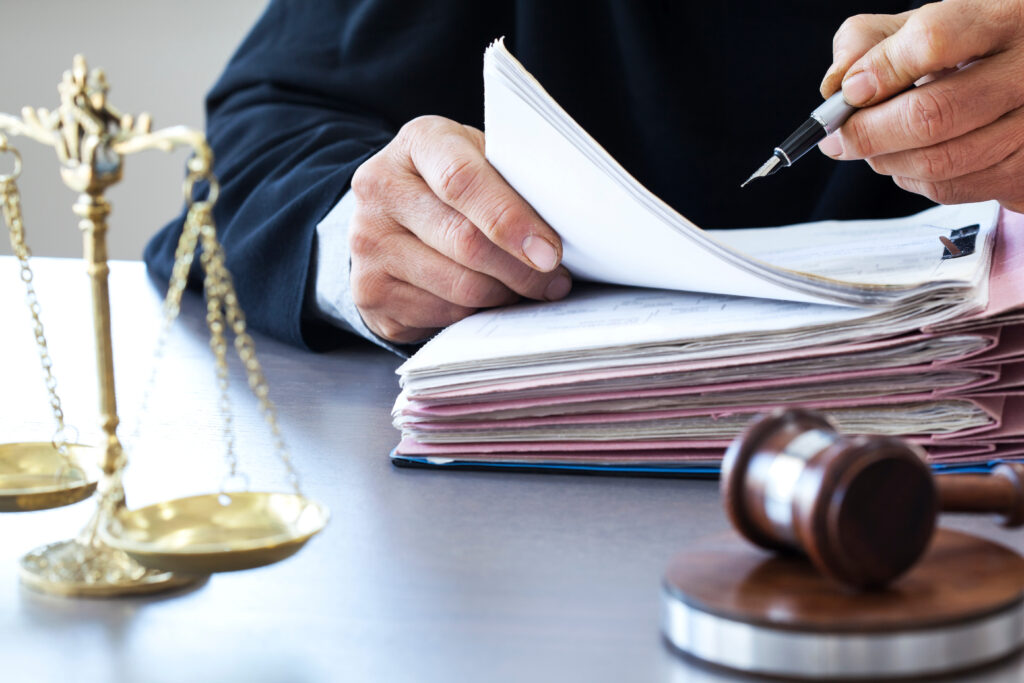Have you been Charged with Intentionally causing Serious Injury?
- Over 30 years experience in the criminal justice system
- Track record of success
- Nationally acclaimed expertise
Free Legal Advice 24/7
-
Aggravated Assault
-
Wilful Damage
-
Common Assault
-
Public Display of a Nazi Symbol or the Nazi Salute
-
Harassing a Witness
-
Recklessly Causing Serious Injury In Circumstances Of Gross Violence
-
Affray Charges In Victoria
-
Intentionally Causing Serious Injury in Circumstances of Gross Violence
-
Intentionally causing Serious Injury
-
Recklessly Causing Serious Injury
-
Intentionally Causing Injury
-
Administering Certain Substances
-
Threats to Kill and Assault Offences
-
Stalking
-
Negligently Causing Serious Injury
-
Extortion With Threat to Kill
-
Extortion, With Threats to Destroy and/or Endanger Property
-
Threatening to Prevent Arrest
-
Using a Firearm in the Commission of an Offence
-
Being Armed with Criminal Intent
-
Kidnapping
-
Robbery
-
Armed Robbery
-
Home Invasion
-
Aggravated Home Invasion
-
Arson
-
Criminal Damage
-
False Imprisonment
-
Public Nuisance
-
Riot
-
Rout Offence
-
Unlawful Assembly
-
Intentionally Causing a Very Serious Disease
What does it mean to be charged with Intentionally Causing Serious Injury?
Intentionally causing serious injury is a serious (indictable) offence under Section 16 of the Crimes Act 1958 (“CA”). It is defined as a person who intentionally (deliberately), without lawful excuse, causes another person to suffer a serious injury. This offence is distinct from unlawful assault and common assault, with the key difference being that intentionally causing serious injury must result in a serious injury, while the latter two do not necessarily result in an injury.
Related Offences under the Crimes Act include:
- S 15A: Causing serious injury intentionally in circumstances of gross violence
- S 15B: Causing serious injury recklessly in circumstances of gross violence
- S 16: Causing serious injury intentionally
- S 17: Causing serious injury recklessly
- S 23: Conduct endangering persons
- S 24: Negligently causing serious injury
It’s important to note that you need not plead guilty to all charges unless they arise from different events, as they remain alternatives if one charge cannot be established.
Police Interview:
If you are alleged to have committed the offence of intentionally causing serious injury, you may be asked to attend a formal police interview, which is recorded for evidentiary purposes. By this stage, police have likely gathered a range of evidence against you, including statements from witnesses and the victim, which they may not disclose during the interview.
Before the interview, you will have the option to contact a lawyer for legal advice and support. It is crucial to seek legal counsel to address any concerns before beginning a police interview. Your lawyer can provide guidance on various aspects, including:
- Whether to make a statement to police
- What to expect during the interview
- Your rights and obligations during the interview
- Whether you must answer all questions asked
- Whether you are required to provide DNA samples
- The consequences of not complying with police instructions
Your lawyer can accompany you during the formal police interview to ease your apprehension. Given that police are trained in interrogation techniques, having legal representation can help protect your rights and ensure that you do not inadvertently harm your defence.
Questions to Consider Before Pleading Guilty or Not Guilty:
When determining whether to plead guilty or not guilty to a charge of intentionally causing serious injury, consider the following points:
- Does the prosecution have a strong case against me?
- Should I plead guilty or not guilty, or defend my charge at a contested hearing or trial?
- Was the victim injured?
- Is the injury serious?
- Did I cause the victim’s injury?
- Did I intend to cause the victim’s injury?
- When did the offence occur?
- Was a co-accused charged?
- What options are available to minimise my penalty?
- Do I have a lawful reason to justify why I carried out the offence?
Additionally, consider whether you should subpoena relevant materials from the opposing party to support your case.
What must the prosecution prove?
To successfully charge you with intentionally causing serious injury, the prosecution must establish, beyond a reasonable doubt, all elements of the offence:
- You caused another person to suffer a serious injury:
- Your actions must be a substantial operating or significant cause of the victim’s serious injury (Stein [2007] VSCA 300; R v Withers [2009] VSCA 306).
- The serious injury can result from direct actions (e.g., hitting the victim) or indirect actions.
- A serious injury is defined under Section 15 of the Crimes Act as an injury (or a series of injuries) that:
- Endangers the life of an individual
- Is substantial and protracted
- Causes destruction of the fetus (the pregnant woman’s harm is irrelevant).
2. You intended to cause serious injury:
- The prosecution must prove that you intended to inflict injury that resulted in serious harm (Royall v R (1991) 172 CLR 378).
- The nature of your act can provide evidence of intention (R v McKnoulty (1995) 77 A Crim R 333).
- Your state of mind at the time of the act can influence the determination of intent.
3. You acted without lawful justification:
- You cannot rely on a defence like self-defence to justify your actions (R v Roach [1988] VR 665).
If the prosecution cannot establish all elements of the offence beyond reasonable doubt, you may not be found guilty.
Penalties for intentionally causing serious harm:

If convicted of intentionally causing serious injury, potential penalties include:
- Mandatory Imprisonment: As a category 2 offence, imprisonment is generally the only penalty imposed unless exceptional circumstances exist under the Sentencing Act.
- Non-Parole Period: If the victim is an emergency worker, a minimum three-year non-parole period will be imposed.
- Youth Justice Centre Orders: For youthful offenders, a minimum three-year order may apply if the victim was an emergency worker.
If you are facing charges or require legal support, contact our office for a consultation with expert criminal lawyers who can assist you throughout the legal process.

Where will my case be heard?
Intentionally Causing Serious Injury cases are usually heard in the County Court but can also be heard in the Supreme Court of Victoria dependant on severity of the offence.
Factors and defences to consider:

If you believe you are not guilty, various defences may be available, depending on the circumstances of your case. Common defences include:
- Can the prosecution establish all elements of the offence beyond a reasonable doubt?
- Did you intend to cause the injury?
- Was alcohol or drugs involved and impaired your ability to form the intent required for the offence.
- Did you act without control or awareness.
- Did you act out of self-defence?
- Were you under threat of harm?
- Do you suffer from a mental health or cognitive impairment?
- What were the surrounding circumstances of your offence?
Your lawyer will review the evidence and discuss the potential defences available ad tailored to you.

Testimonials
What people Say
St Kilda, Victoria 3182
1800 130 120
-
I want to sincerely thank my lawyer, Daniel, for the exceptional support he provided throughout my matter. He was professional, understanding, and... Read MoreI want to sincerely thank my lawyer, Daniel, for the exceptional support he provided throughout my matter. He was professional, understanding, and always made sure I knew exactly what was happening at every step. Daniel kept me updated regularly, explained everything in a way I could understand, and never made me feel judged. Most importantly, he worked incredibly hard to achieve the best possible outcome for me. His dedication and attention to detail truly made a difference in my case. I am genuinely grateful for his guidance and support. I highly recommend Daniel to anyone needing a lawyer who is honest, reliable, and genuinely committed to helping their clients. Read Less55/5
-
I had an outstanding experience with Daniel Moon from MK Law. He took the time to truly understand my situation and represented me with profession... Read MoreI had an outstanding experience with Daniel Moon from MK Law. He took the time to truly understand my situation and represented me with professionalism, compassion, and confidence in the Magistrates Court. Daniel didn’t just handle the legal side—he supported me as a person, not just a case file, and clearly explained every step so I always felt informed and prepared. The outcome he achieved reflected both his skill and commitment. If you need a lawyer who genuinely cares, communicates clearly, and fights hard for the best result, I strongly recommend Daniel and the team at MK Law. Read Less55/5
-
I want to sincerely thank my lawyer Mr Daniel Moon for representing me so well in court. He made me feel comfortable, as it was my first experienc... Read MoreI want to sincerely thank my lawyer Mr Daniel Moon for representing me so well in court. He made me feel comfortable, as it was my first experience in court. I liked his professionalism, preparation, confidence and attention to details. He explained everything clearly, guided me step by step, and fought for the best possible outcome for me. With him handling my case, it gave me a peace of mind during a very stressful time. The outcome spoke volumes about his expertise, and I would highly recommend them to anyone in need of strong legal representation. Read Less55/5
-
I cannot thank Michael Sunderland from MK Law enough for the way he handled my case. From the very beginning, Michael was highly professional, kno... Read MoreI cannot thank Michael Sunderland from MK Law enough for the way he handled my case. From the very beginning, Michael was highly professional, knowledgeable, and thorough in every aspect of the process. He took the time to explain everything clearly, which gave me great comfort and confidence throughout what could have been a very stressful time. Michael’s expertise and guidance reassured me that I was in the best hands, and his calm and confident approach made a huge difference to my peace of mind. He was always approachable, responsive, and dedicated to achieving the best possible outcome for me. I would highly recommend Michael Sunderland to anyone seeking a lawyer who is not only exceptionally skilled but also genuinely cares about his clients. Read Less55/5
-
Aggravated Assault
-
Wilful Damage
-
Common Assault
-
Public Display of a Nazi Symbol or the Nazi Salute
-
Harassing a Witness
-
Recklessly Causing Serious Injury In Circumstances Of Gross Violence
-
Affray Charges In Victoria
-
Intentionally Causing Serious Injury in Circumstances of Gross Violence
-
Intentionally causing Serious Injury
-
Recklessly Causing Serious Injury
-
Intentionally Causing Injury
-
Administering Certain Substances
-
Threats to Kill and Assault Offences
-
Stalking
-
Negligently Causing Serious Injury
-
Extortion With Threat to Kill
-
Extortion, With Threats to Destroy and/or Endanger Property
-
Threatening to Prevent Arrest
-
Using a Firearm in the Commission of an Offence
-
Being Armed with Criminal Intent
-
Kidnapping
-
Robbery
-
Armed Robbery
-
Home Invasion
-
Aggravated Home Invasion
-
Arson
-
Criminal Damage
-
False Imprisonment
-
Public Nuisance
-
Riot
-
Rout Offence
-
Unlawful Assembly
-
Intentionally Causing a Very Serious Disease
What happens next?
After being charged with intentionally causing serious injury, several critical steps follow. Firstly, you will need to apply for bail, as this offence is classified as a serious violent offence, meaning it falls under schedule 2. To be released, you must satisfy both the compelling reasons test, which evaluates whether your situation justifies release, and the unacceptable risk test, which assesses the likelihood of reoffending or endangering the community if released.
Secondly, court hearings will be held in higher courts, specifically the County and Supreme Courts of Victoria, due to the serious nature of the charges. You must attend these hearings, where preliminary matters such as bail applications and pleas will be addressed. Legal representation is crucial during this process; a skilled lawyer can help navigate the legal proceedings, evaluate the evidence, and develop a tailored defence strategy, including negotiating plea deals or seeking to reduce charges based on your circumstances.
If you plead not guilty, your case will proceed to trial, where the prosecution must prove your guilt beyond a reasonable doubt. Your defence team at MK Law will have the opportunity to cross-examine witnesses and challenge the prosecution’s evidence.
Finally, if found guilty, you may face mandatory imprisonment, particularly if the victim was an emergency worker, as the Court must impose a custodial sentence unless exceptional circumstances are presented.
It is vital you have an expert defence lawyer to support you. Ring 1800 130 120 for confidential expert advice today.
Free Legal Advice 24/7
Contact Us
Call Anytime For Free Legal Advice 24/7
Top 5 firms by reputation dealing with traffic and criminal law matters.
- 2/212 Barkly Street, St Kilda Victoria, 3182 Australia
- 1800 130 120
- marcus@mklawfirm.com.au